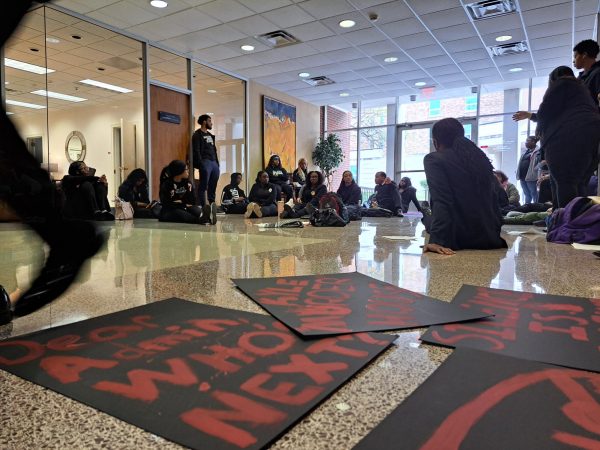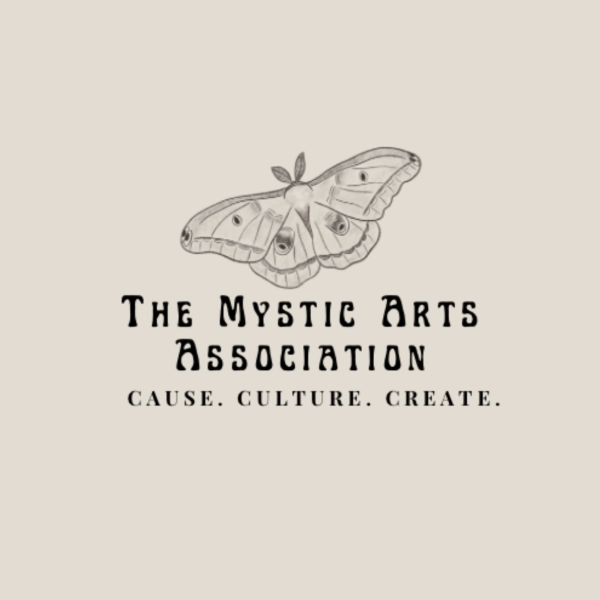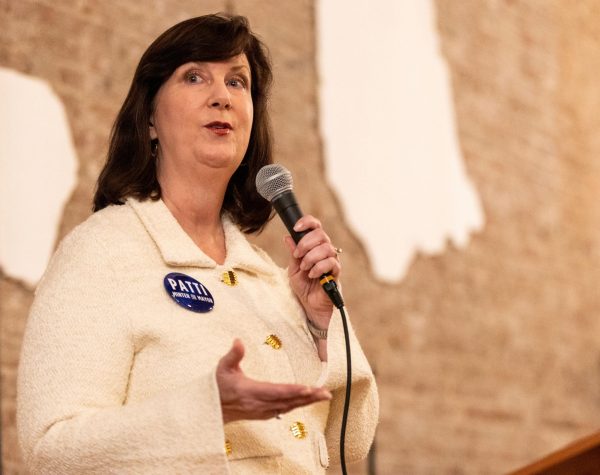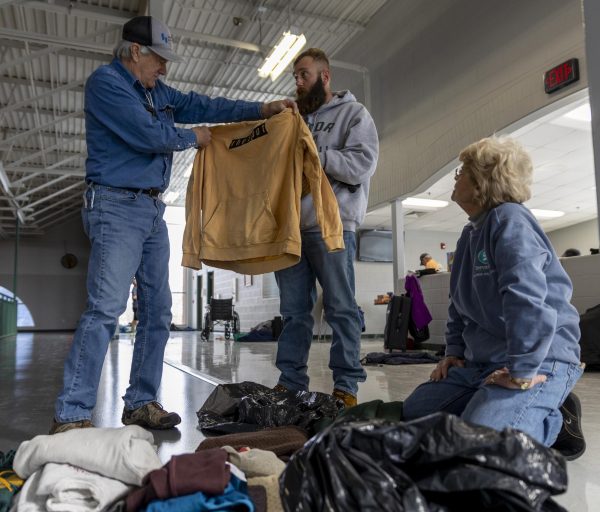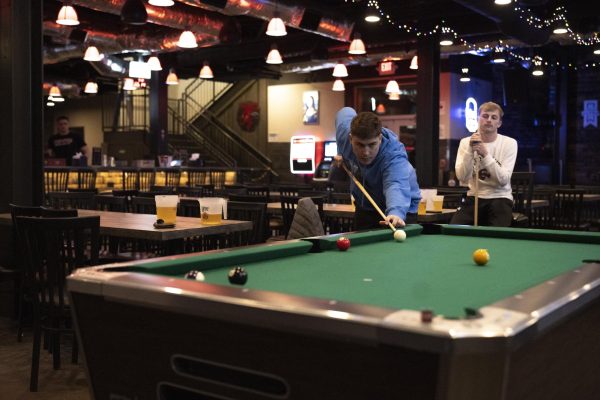Students to give back to local kids
November 5, 2010
With $100 and the guidance of Bernard Strenecky, some WKU students are hoping to make a difference in the community.
Waverly sophomore Alix Mattingly said Strenecky teaches her Honors Colloquium Community Development class, and he also created the method known as the $100 solution, she said.
Mattingly said the $100 solution involves using just $100 to make a lasting change in a community.
The idea caught some WKU students’ interest a few years ago while participating in Semester at Sea study abroad program, and they were determined to try the project, she said.
Mattingly said that as a part of their community development class, students from the Class of 2013 are applying Strenecky’s method to create their class legacy project.
Class legacy projects are part of WKU’s Quality Enhancement Plan, which lists 10 actions WKU designed to impact a student’s education, according to the plan summary.
Class legacy projects are listed under action nine, which states that students need to establish a Class Legacy Program, in which “each student cohort addresses one significant university, social or civic issue during its tenure” at WKU.
These guidelines in mind, students from Strenecky’s class broke into two groups to come up with and carry out their projects, Mattingly said.
Mattingly’s group decided to focus on the low-income section of Bowling Green officially declared an Enterprise Zone by the Kentucky Enterprise Zone Authority, she said.
In 1999, Bowling Green applied for government funds to help build up business and housing in the area, said Kim Rich, administrative assistant for Housing and Community Development in Bowling Green.
The grant was issued over a 10-year span and ended in December of 2009, she said.
More than $2.2 million in government money went into the Enterprise Zone, she said.
Rich said they considered themselves lucky to have received the money from year to year.
“We had to wait every year and see if we were going to receive it,” she said. “The money has done a lot of good in assisting service providers in the area.”
The money was used to give childcare assistance to parents returning to school or looking for work, youth development, funding for enrichment programs and much more, Rich said.
The area, however, still maintains its Enterprise Zone status, she said.
Mattingly and her classmates are hoping to help.
They plan on reaching out to the youth in the community by providing them with mentorship, Mattingly said.
One of their plans involves connecting the WKU football team with a baseball team in the district, she said.
“It works both ways,” Mattingly said. “We help these kids by giving them support and someone to look up to, and we connect WKU to the community.”












![Students cheer for Senator at Large Jaden Marshall after being announced as the Intercultural Student Engagement Center Senator for the 24th Senate on Wednesday, April 17 in the Senate Chamber in DSU. Ive done everything in my power, Ive said it 100 times, to be for the students, Marshall said. So, not only to win, but to hear that reaction for me by the other students is just something that shows people actually care about me [and] really support me.](https://wkuherald.com/wp-content/uploads/2024/04/jadenmarshall-1200x844.jpg)



